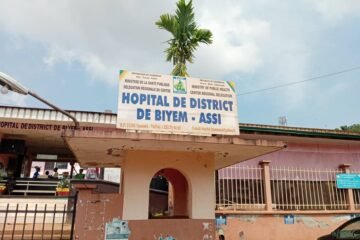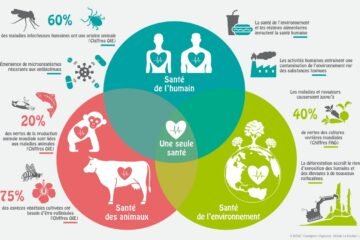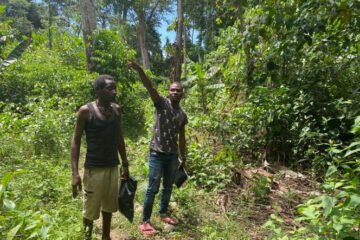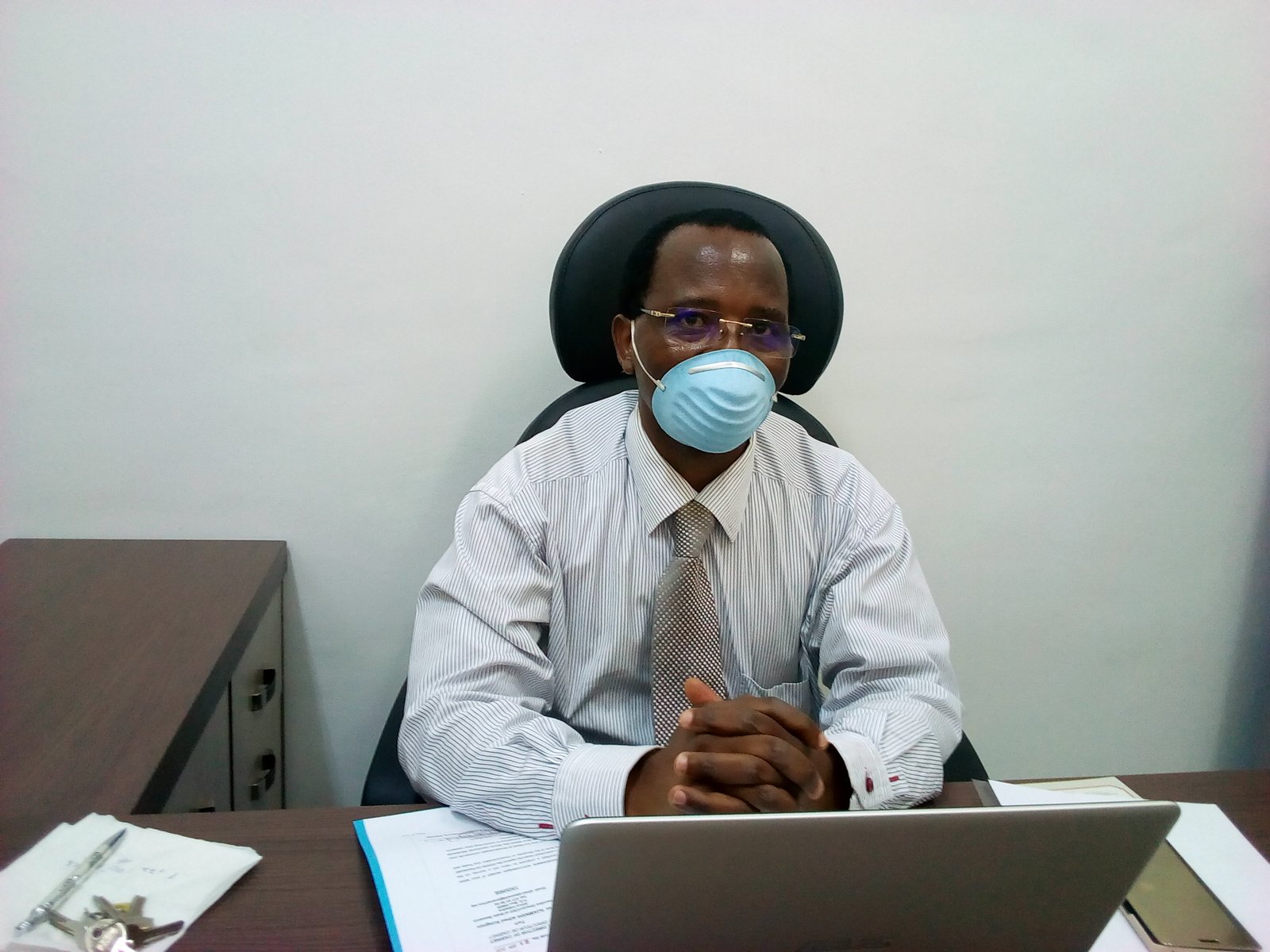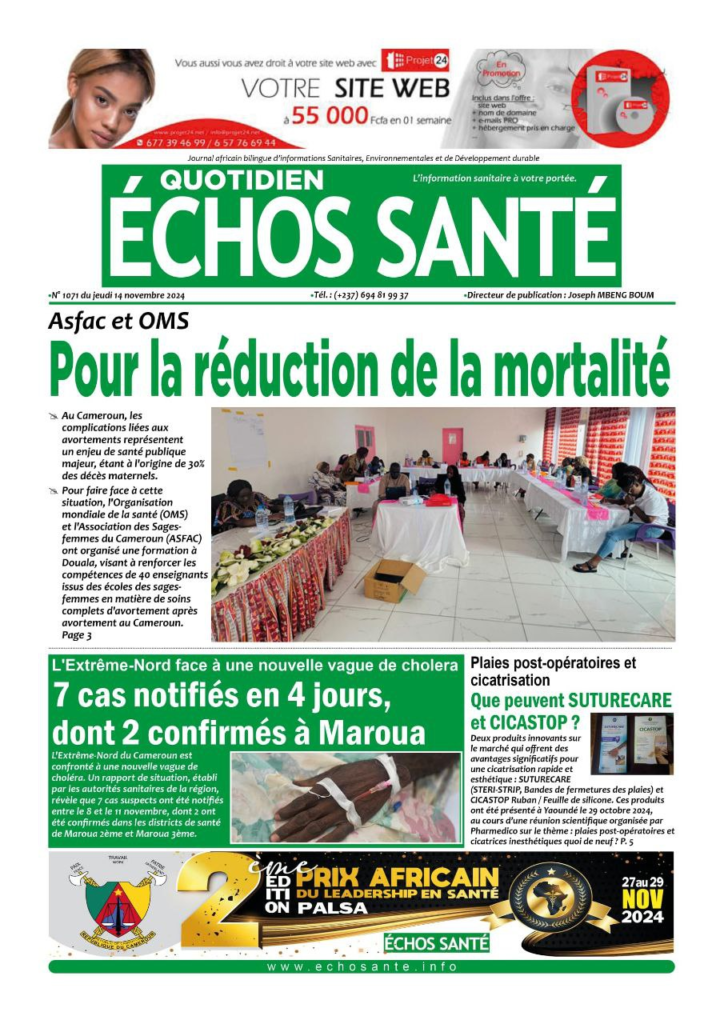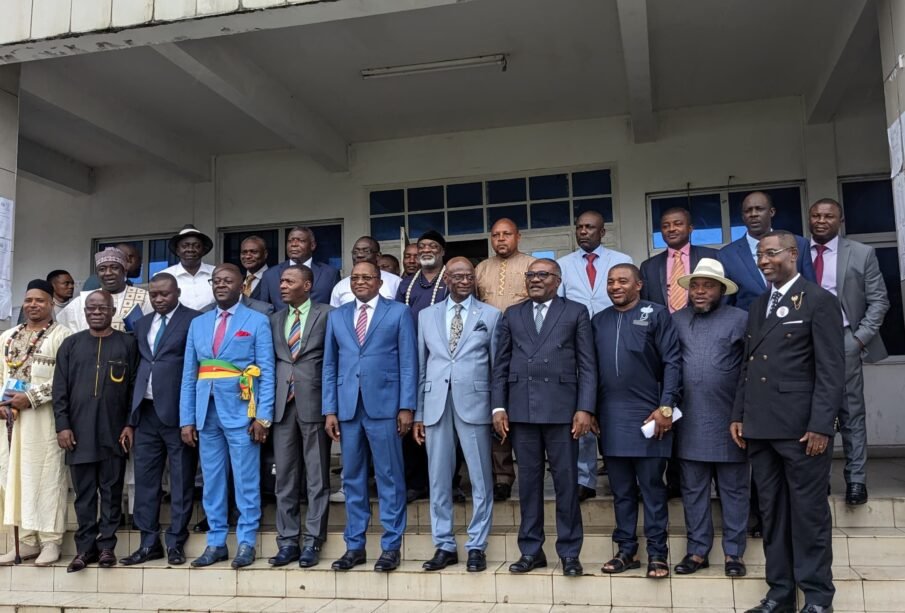
The Ministry of Public Health has drilled 32 mayors in the South West Region who constitute the 21-health districts of the region on the transfer of competences and resources in their different areas of command. The initiative taken by the ministry to practice effective decentralization in the health sector was heartily welcomed by the different local authorities who saw the move as crucial towards strengthening the role of councils in health service delivery.
During a workshop held in Buea, on October 3, 2024, under the leadership of Dr. Ebongo Zacheus, director of family health in the ministry of Public Heath, he educated municipal authorities on the proper execution of the newly transferred powers. Dr Ebongo emphasized on the importance of using these competences to improve the wellbeing of their constituencies while taking responsibility of their new found role.
“During our findings last year 2023, we realized that there is a lack of collaboration between councils and districts and the problem was just misunderstanding. But you know decentralization is a new concept all together. I think what we have noticed is the interest to learn new ways which can be seen by the massive attendance here today”, he said.
Decentralization has been a long-standing goal in Cameroon after the Major National Dialogue and the Ministry of Public Health’s initiative, is seen as a significant step in this direction.
According to the mayors the challenges that they face while implementing the resources at their disposal within their competence are bound.
“This seminar has come as an eye opener it will only be clear cutting if we express our difficulties in our areas, it is difficult for someone to work for six months before he is being paid especially those who have kids, sending them to school and paying for accommodation. Sometimes before we realize the casual workers end up in debts and when they collect their salary, it all goes to pay off this debt.” Chief Dr. Peter Mesoso III, Mayor of Tiko noted.
The Tiko municipality head suggested that: “The credits that come to these councils for the payment of casual health workers come in two quarters, and sometimes the credit delays at the treasury and these workers are not paid in time and at the end they call the mayor names for not paying them. If our accounts are credited with physical cash in blog for the period of one year, with about FCFA 50,000,000 to pay these health workers, we can be doing a withdrawal to pay these workers monthly. And when the payment is consistent, I think they will work in good faith”.
The seminar marked a turning point on how health services will be managed in the South West Region, with local councils now empowered to take charge of healthcare delivery, there is hope that the quality of healthcare services will improve and councils will be able to address long standing issues such as inadequate infrastructure, financial constraints and the treatment of health workers in the south west Region.
As the mayors return to their respective municipalities, there is a renews sense of responsibility and optimism. The success of this new initiative by the government will depend on how effective these councils can manage the resources at their disposal and how well they can address the concerns in different district and health facilities in the region.
Emmanuela SIY
Lire aussi: Médecine holistique : FOHOW, la santé au naturel, à portée de tous

